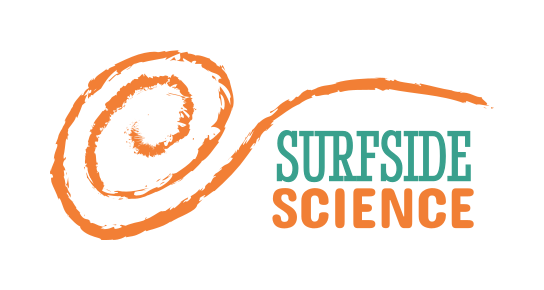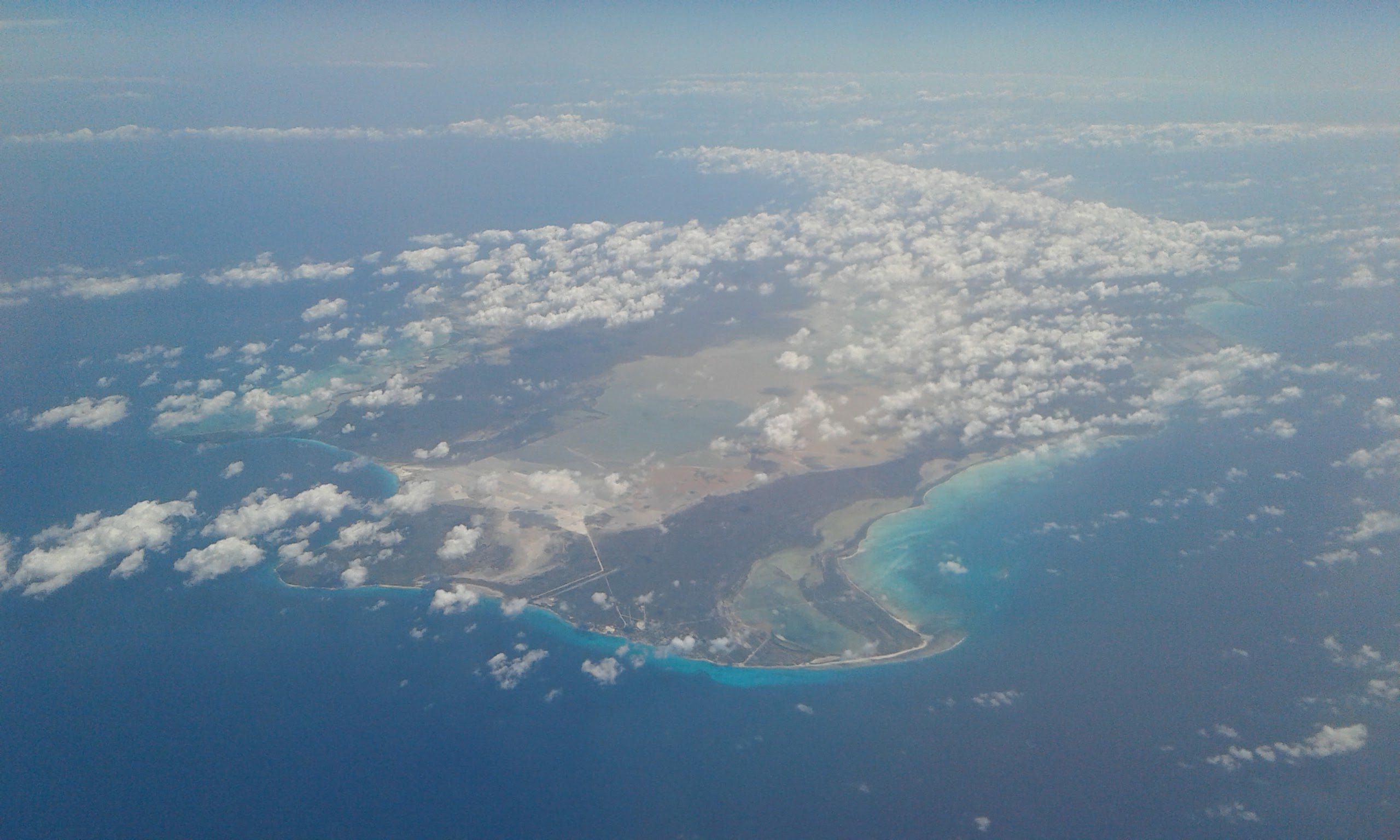This is not a scientific paper, maybe one day it will be. This is a manifesto for island scientists. An invitation to islanders to observe and record and study the changing islands we inhabit in this anthropocene. We live on remote floating rocks in the middle of the ocean. Each tied together only by a vast ocean, water as far as the eye can see.
For beings so close to the ocean, that everything tastes like salt, the fruits, the air, so close the sound of the waves holds the beat to which we talk, to which we walk ,a beat so loud sometimes it drowns out everything else, yet recently you barely notice it over the sound of traffic and air conditioners.
When standing on a hill one can see the ocean merging into the horizon. Yet, the ocean remains a mystery, as known as the night sky. It’s a factoid, I guess, that we know more about outer space then we do about the deep ocean, I certainly don’t.
Beautiful, serene, the ocean gave us life. Island mythology of course knows that what it giveth it can taketh away. This story foretold is itching closer. Sea-level rise and coastal erosion dotted by storm events are the muted reality of island life. Artificial sea-walls erected along our coast are the testament.
On my island the beach is our bread and butter. It defines us. It’s at the same time a luxury we sell to tourists and an equalizer, our beaches are public, and as such classless. But for a resource that pays our bills and heals our souls we take it for granted, as we do the heart that pumps the blood through our veins.
We never think about it until that moment when it suddenly stops, when something in this beautiful machine you inhabit just seems off. And even though you know no other body, no other land, it is all you have, it remains unknown. What’s up with arteries? You need to go to another, a stranger, an expert ,to decipher the pain that only you feel, that pain that in fact exists only to you.
It’s the same with our island. We inhabit it. We know its secret spots, when it rains and how to eat a cactus fruit, but we do not know our island and we do not know the sea. And when it ailes we call an expert, a stranger, to apply the rules of physics, the rules of the universe to our home, a place they’ve never seen.
Which is fine.
But should we not at least notice when our island is ailing, if not understand can we listen? The way we listen to a baby cry or atleast the way my dog howls at ambulances. Is there no disturbance in the force?
The future of our island is inevitably intertwined with that of the ocean. Each Island is small yet ingrained within the largest ecosystem on earth. Indeed most island territories are more ocean than land.
This is the framework, from which we approach the subject of ocean science, as islanders. Looking out at the ocean we are asked to see through lenses that don’t see the sea we see. From the island we see ourselves described in IPCC reports as among those most affected by climate change. So our leaders go to COP and ring the alarm “code red” and pull on the consciousness of those who decide for us.
The IPCC indicates that it is highly confident islands are expected to face some of the worst impacts even though there are also huge knowledge gaps on islands. It appears that when analyzing phenomenon on a global scale small islands are not well represented. At times I’ve seen current maps where we are the ocean. Already under water, the currents traverse us as if we were never there.
When Aruba was colonized by the Dutch we were not given the protestant religion, islanders were considered too dumb to be able to practice a one on one connection with God, it was assumed we needed a priest to interfere. Now, we are not asked to participate in the scientific pursuit, we are simoultaneously considered to rotten to be to care about the envrionemnt and to dumb to be capcable of it.
Under these pretenses foreign experts are hired. Who beknownst to us were our classmates. Citizen Science is a call out to islanders to explore, monitor, learn, participate in the knowing of our islands, in the shaping of our future, in the existence of future generations. We look at the ocean that surrounds us, not pale and blue, but a vibrant and changing landscape, on the edges of the planetary boundaries. To really see our island, to look at it through space, through drone footage, through microscopes.
The goal of this approach is not to collect the data. It is to free the power of knowing from the confines of the university and consultants and government departments, with “no trespassing signs” and NDA’s and into the hands of all islanders.
The UNFCCC asks developed countries to transfer technology. But luckily we live in the age of information where opensource technology is increasingly available. The internet this vessel of fake news and cat videos also allows us direct access to technology, looking under the hood without a guiding hand, yes sometimes it’s pirated but this is the Caribbean.
So this is an invitation to look around observe, look at the future, predict, look out from space, look underwater through the eyes of a robot, sense, look through machine learning algorithms, calculate, do it with or without a degree, spend days at sea, at the beach and burn until your skin peels off like an iguana. These are our islands, and we should know them.
For this and more check out our site, contact us, collect data and share it.

